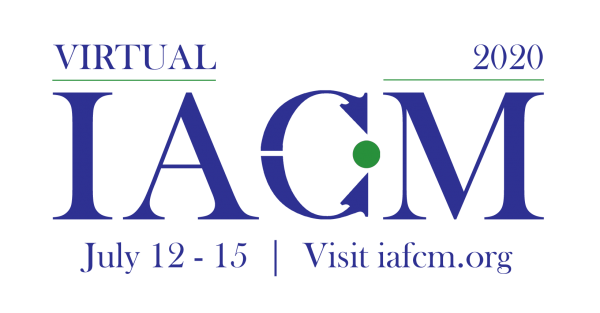Full Program »
FOUND OUT OR PSYCHED UP: HOW AND WHEN WORKPLACE IMPOSTOR THOUGHTS BREED MASTERY AT WORK
Existing work has focused on the drawbacks of what is popularly known as the impostor syndrome. Yet, the phenomenon may have benefits. To acknowledge potential benefits, I introduce the construct of workplace impostor thoughts, defined as the belief that others may overestimate one’s competence at work. Drawing on cognitive dissonance theory, I articulate how, why, when, and for whom workplace impostor thoughts encourage job mastery. I test my hypotheses in two field studies: one with 196 Reserve Officer Training Corps cadets and one with 161 employees of an investment solutions company. I find that workplace impostor thoughts are related to job mastery through the competing mechanisms of motivation and fear. Whether one responds with fear or motivation depends on one’s helping behaviors at work and one’s growth mindset. Taken together, my results suggest that having workplace impostor thoughts may be both a boon and a bane for mastery at work.
